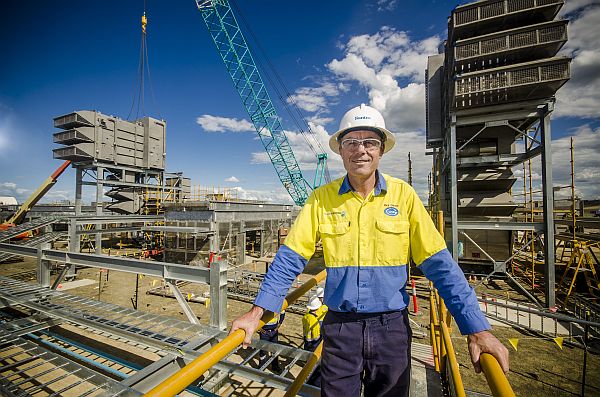13 Oct 2015

The Australian Petroleum Production & Exploration Association (APPEA) welcomes the Senate passing long-overdue improvements to the greenfields provisions of the Fair Work Act.
APPEA Chief Executive Malcolm Roberts said effective greenfields agreements were essential to attracting further international investment in major projects in Australia.
The Fair Work Amendment Bill 2014 allows the Fair Work Commission to approve agreements covering wages and conditions when agreement between employers and employees cannot be reached.
It also limits the ability of unions to take strike action before genuine bargaining has begun.
The Bill’s passage in the Senate today comes three years after a review of the Fair Work Act warned of “a significant risk that some bargaining practices and outcomes associated with greenfields agreements potentially threaten future investment in major projects in Australia”.
Mr Roberts said these long-overdue changes would reduce the opportunity for unions to delay the conclusion of agreements that benefitted their members.
“The Fair Work Act, as it stands, has made it difficult to deliver major projects in Australia on time and on budget,” Mr Roberts said.
“The improvements passed by the Senate today means investors will have greater certainty about construction costs before they commit to a project.
“This is a crucial if we want to attract investment in major projects. Investors have other options than Australia and we must improve our competitiveness to attract footloose capital.”
Mr Roberts said industry was disappointed that the Senate had rejected an amendment by Senator Bob Day that would have required agreements to take into account individual project’s circumstances rather than meet or exceed prevailing industry standards when setting pay and conditions.
He said APPEA would continue to advocate for a new form of greenfields agreement – a Major Project Agreement – which could cover the entire construction stage of very large projects.
“The current law does not allow for agreements longer than four years, leaving employers vulnerable to industrial action at the critical final stages of construction,” he said.
Media Contact

